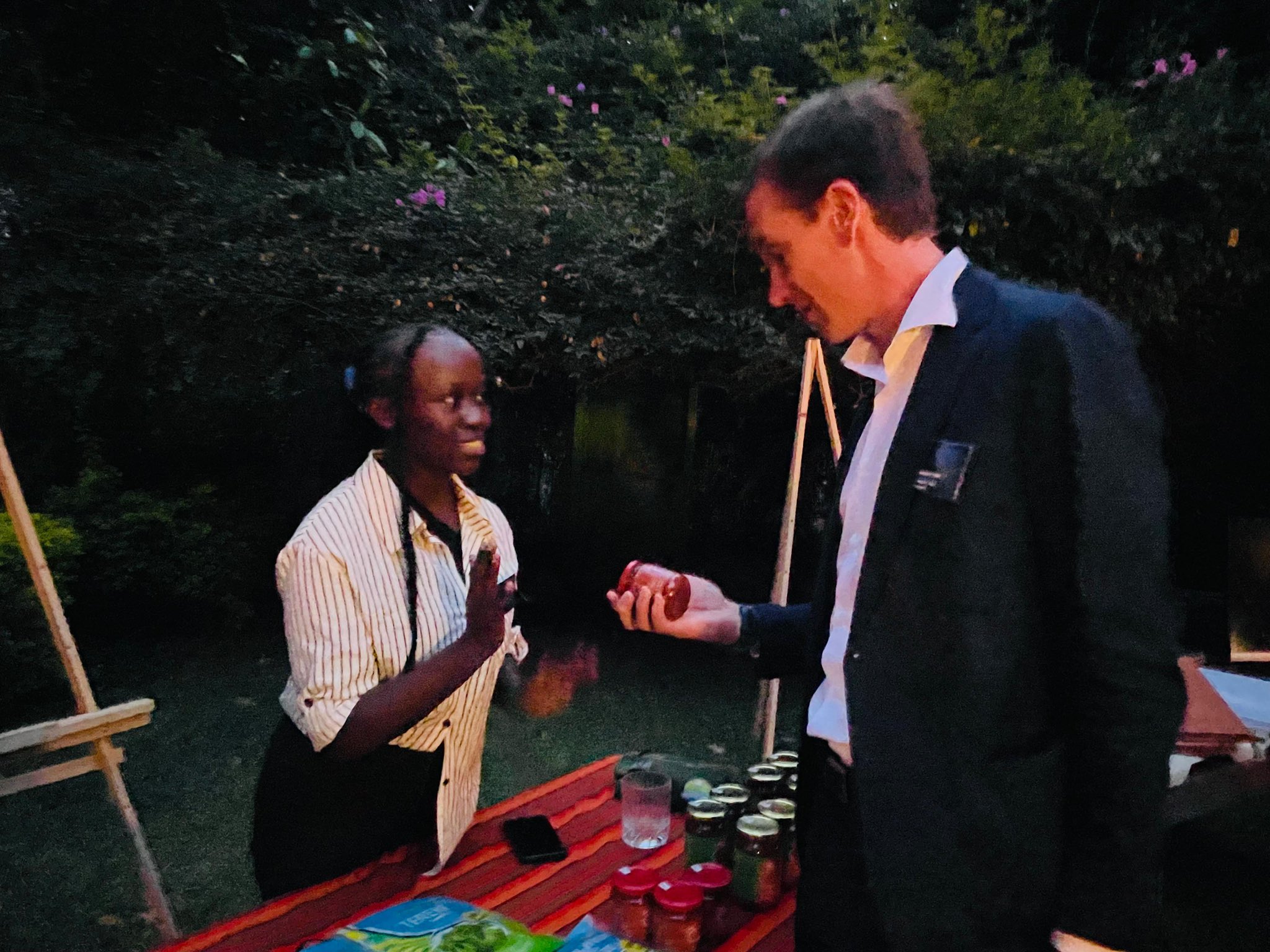This is part of the UK-funded Green Business Building (GBB) Accelerator Programme.
In Summary
- The Investor Night marked the culmination of three months of mentorship and business development training under the accelerator, which is designed to help young enterprises refine their strategies and attract funding.
- The featured companies include Bio Food, eBee, Eco-Charge, Green Stem, Ikwetta, Irri-Hub and Pyrogen.
Seven Kenyan startups working in green manufacturing have showcased their innovations to investors at an event hosted by the British High Commission and Manufacturing Africa.
This is part of the UK-funded Green Business Building (GBB) Accelerator Programme.
The Investor Night marked the culmination of three months of mentorship and business development training under the accelerator, which is designed to help young enterprises refine their strategies and attract funding.
“Kenya’s green manufacturing sector is bursting with innovation and potential,” Acting British High Commissioner Ed Barnett said.
“Through programmes like the Green Business Building Accelerator, the UK is proud to support Kenyan entrepreneurs who are driving climate-smart solutions and harnessing technology to build a more sustainable future.”
The featured companies include Bio Food, eBee, Eco-Charge, Green Stem, Ikwetta, Irri-Hub and Pyrogen.
They pitched their business models to venture capitalists, impact investors and ecosystem stakeholders.
According to organisers, the session was aimed at connecting the startups with potential partners to unlock funding and scale their solutions.
Team Leader at Manufacturing Africa, Thomas Pascoe, described the programme as “rigorous,” noting that it equips entrepreneurs with tools to refine their strategies and pitch effectively.
“We strongly believe that supporting them at this early stage will drive job creation, tax revenue, and Kenya’s green industrial leadership position well into the future,” he said.
Entrepreneurs also credited the accelerator for helping them sharpen their vision.
“The GBB accelerator offered clear, actionable insights and valuable connections,” Founder and CEO of Eco-Charge Mary Nyambura said.
“It was a powerful catalyst for refining strategy and gaining momentum.”
Alongside the investor pitches, the event unveiled the third cohort of startups entering the programme, with a particular emphasis on women-led enterprises.
The new group includes Takazuri, Grounded, TenX, Cinch, Nasaru Naturals and Frozen Isle, all of which will begin formal mentorship aimed at scaling their operations.
Research by Manufacturing Africa estimates that Kenya’s green manufacturing opportunities could generate between $2 billion (Sh260bn) and $4 billion (Sh520bn) in annual revenues by 2030, creating more than 200,000 direct and indirect jobs.
The accelerator is part of a wider UK-Kenya strategic partnership that seeks to expand trade, investment, and sustainable development.
“Kenya and the UK are working hard to go far, together,” Barnett said. By SHARON MWENDE, The Star






